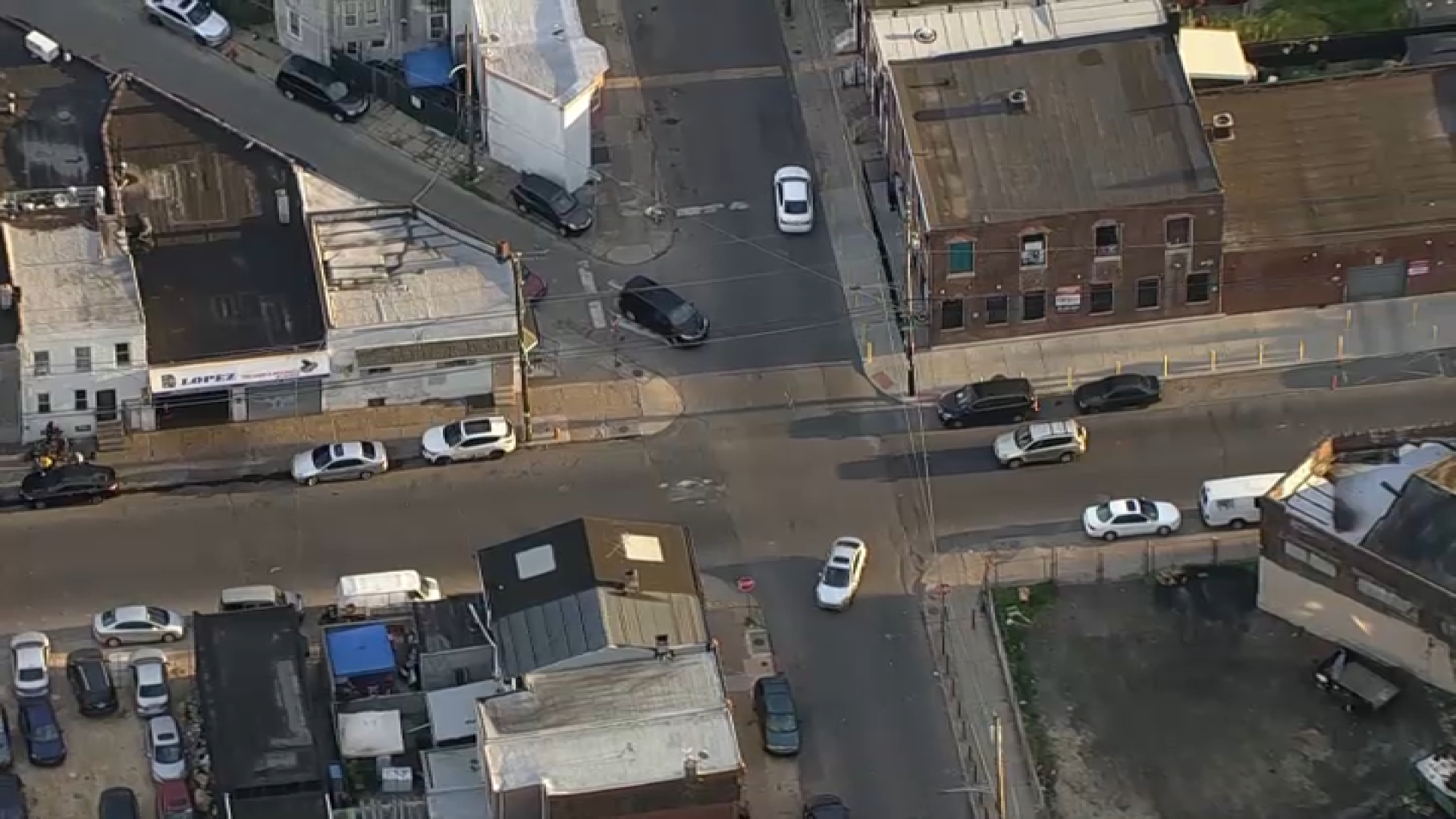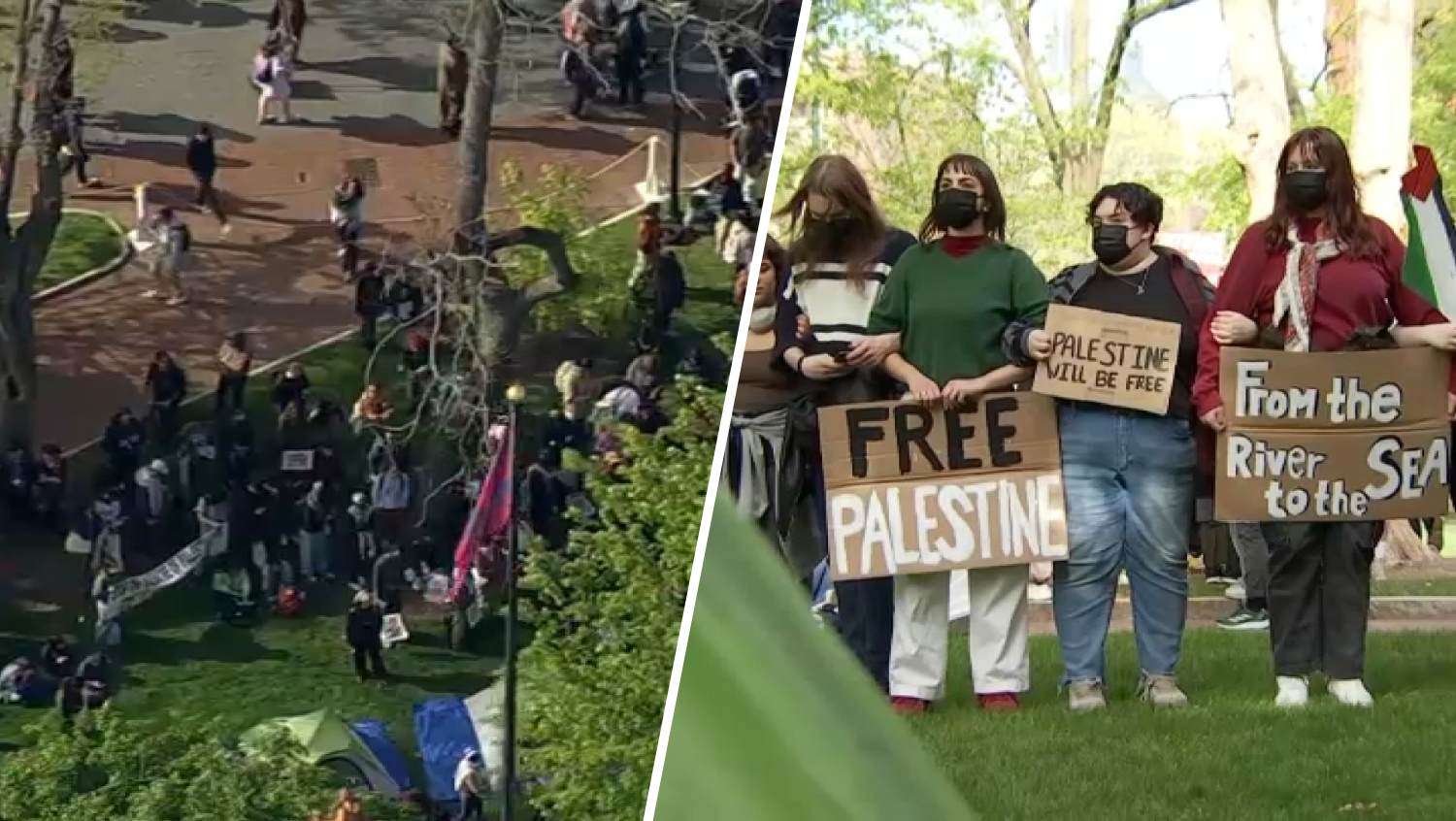Philadelphia drug kingpin Kaboni Savage has been awaiting federal execution since 2014 when he was convicted of murdering 12 people, which included a family of six killed in a brutal firebombing.
Five years later, Savage, now 44, remains entangled in the criminal justice system as he appeals his death sentence.
Thursday’s announcement from U.S. Attorney General William Barr reinstating federal executions will do nothing to expedite Savage's sentence, according to a spokesperson for U.S. Attorney William McSwain, who represents the Eastern District including Philadelphia.
Savage is the only inmate from Pennsylvania on federal death row, but he is not among the five scheduled to be executed as early as December 2019, according to the Department of Justice.
Instead, Savage’s lawyers, who did not respond to a request for comment, filed an appeal in the spring and now have until September to submit more paperwork, according to McSwain’s office. Then, a federal court must decide whether or not to hear oral arguments.
In the time being, echoes of what Savage did linger throughout Philadelphia.
The family Savage firebombed in 2004 belonged to Eugene Coleman, his former confident turned FBI informant. In retaliation, Savage killed Coleman’s mother plus his cousin, his infant son and three other children. Coleman was in prison at the time.
Local
Breaking news and the stories that matter to your neighborhood.
Although Savage was also incarcerated at the time of the firebombing, he orchestrated the attack through phone calls and prison visits and communicated with other inmates through prison plumbing pipes.
Savage’s actions were described as “pure evil” by then-Deputy Commissioner of the Philadelphia Police Department Richard Ross.
Savage's younger sister, Kidada Savage, was sentenced to life in prison for the firebombing.
The Savages enterprises dated back several years before their ultimate fall. They were members of a regional criminal organization based in North Philadelphia that sold narcotic throughout the city. They ran "drug corners" and oversaw a small army of conspirators who did their bidding, according to court records.
Their organization was wide enough in scope to constitute an enterprise that conducted interstate commerce. Through this enterprise, they engaged in a lengthy list of federal crimes, including murder, arson, money laundering, witness tampering, retaliation against witnesses, assault and battery.
Despite his sentence, Savage could face several more years of appeals and execution is not necessarily guaranteed. The federal government has only executed three of more than 60 death row inmates since 1988, according to the Death Penalty Information Center.
Despite the ongoing lag, McSwain expressed support for the reinstatement of executions.
“The federal death penalty is the law of the land and the U.S. Supreme Court has found it constitutional,” he said. “We owe it to the victims and their families to enforce the sentences imposed by our justice system after full and fair proceedings.”
Reinstatement of the federal death penalty comes two weeks after Philadelphia District Attorney Larry Krasner filed a brief asking the Pennsylvania Supreme Court to rule the sentence unconstitutional because capital punishment historically targeted men of color.
But McSwain has said that “as a prosecutor, the only reason not to enforce [the death penalty] is political cowardice.”
The issue remains divisive both at the state and federal level.
In Pennsylvania, Democratic Gov. Tom Wolf imposed a moratorium on the death penalty in 2015, but there hasn't been an execution here for nearly two decades.
Meanwhile, the last federal execution was carried out in 2003.
Opponents have long argued against capital punishment not just on moral grounds, but also on economic concerns.
When Wolf issued Pennsylvania's moratorium on executions, he said it was "a chance to reexamine and fix “a flawed system that has been proven to be an endless cycle of court proceedings as well as ineffective, unjust, and expensive.”
Lengthy appeals can last years, costing the government thousands of dollars and providing little relief for victims’ families. A 2008 study found that death penalty cases could cost up to eight times more than cases where execution is not sought, according to the Death Penalty Information Center.



